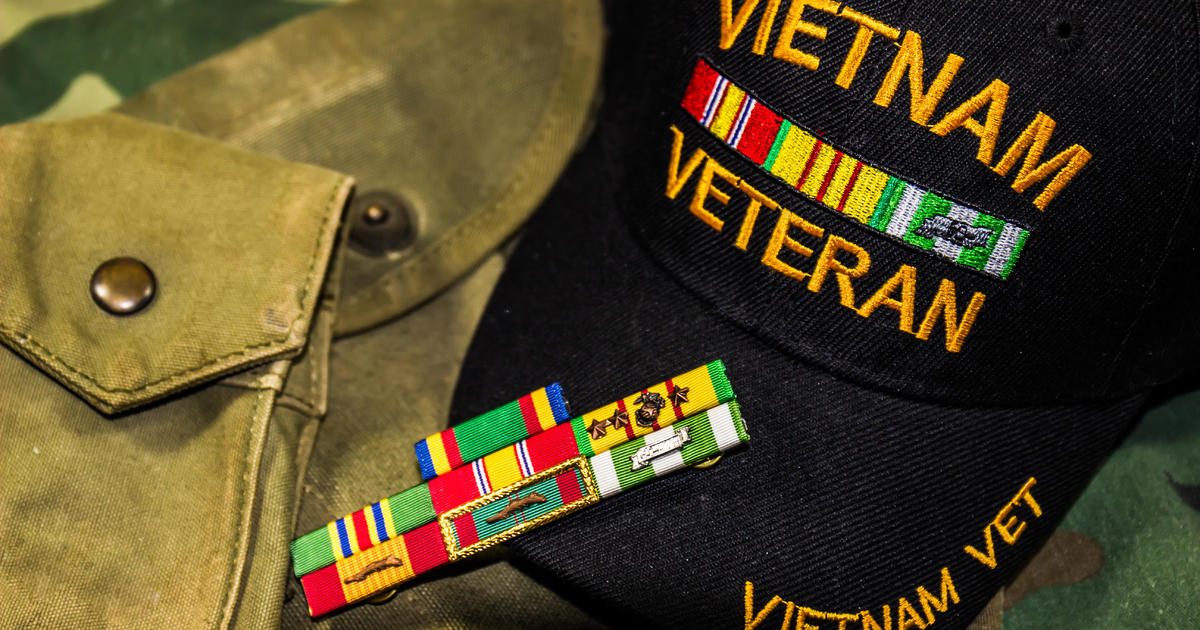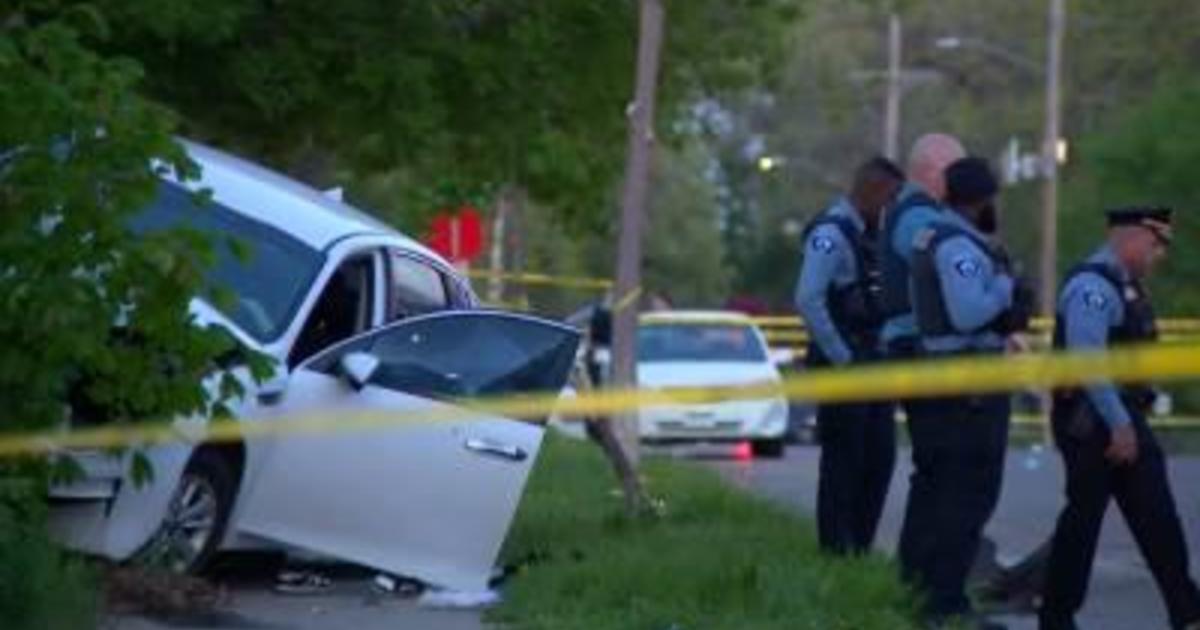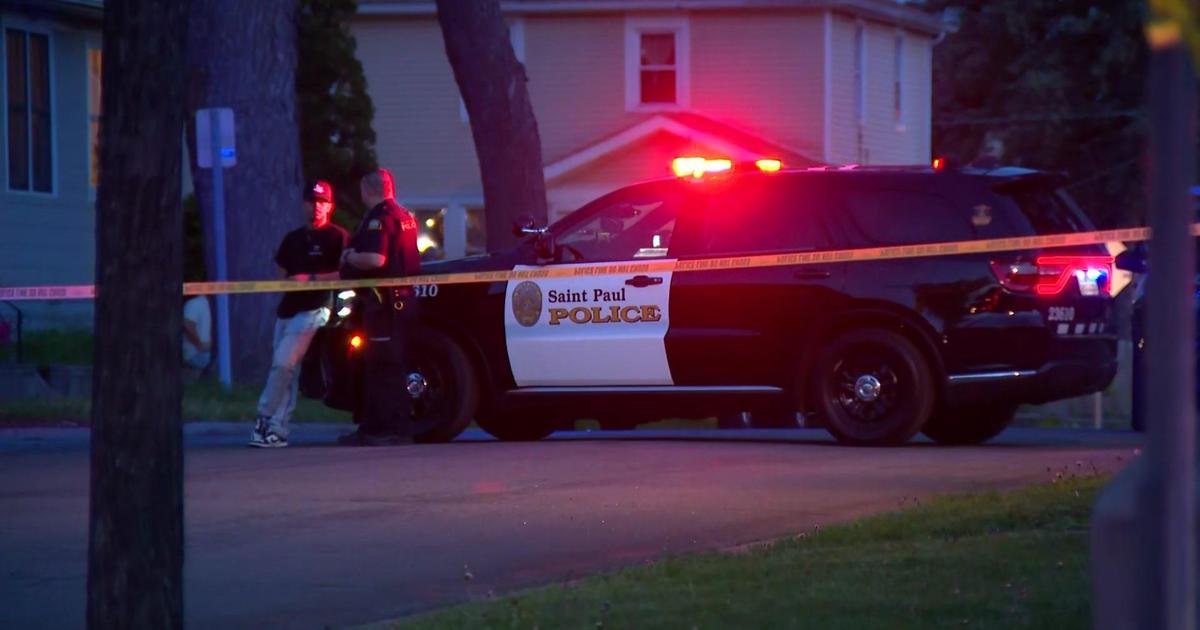Prince's Death Highlights Nation's Opioid Overdose Epidemic
(AP) -- Music superstar Prince's death from an opioid overdose is a stunning example of a national epidemic of overdose deaths driven by prescription opioid painkillers.
Prescription opioid overdoses reached nearly 19,000 in 2014, the highest number on record. Total opioid overdoses surpassed 29,000 that year when combined with heroin, which some abusers switch to after becoming hooked on painkillers.
RELATED: Prince Death Investigation Timeline
A law-enforcement official told The Associated Press on Thursday that tests show the music superstar died of an opioid overdose. The 57-year-old singer was found dead April 21 at his Minneapolis-area estate.
The official, who is close to the investigation, spoke on condition of anonymity because he was not authorized to speak to the media. Investigators have been reviewing whether a doctor was prescribing Prince drugs in the weeks before his death.
An autopsy was done the day after Prince's death.
WHAT IS A LETHAL DOSE?
It's tricky with opioids. Anyone who takes prescription opioid painkillers for a long time builds a tolerance to the drugs. A dose that could kill one person might provide medicinal pain relief to another.
Experts in medical toxicology say it's important to know how much opioid a person has been using before a death to know how to interpret a post-mortem blood level. Pill bottles and medical history may become crucial evidence.
DOES PAIN TREATMENT LEAD TO ADDICTION?
Prince had a reputation for clean living, and some friends said they never saw any sign of drug use. But longtime friend and collaborator Sheila E. has told the AP that Prince had physical issues from performing, citing hip and knee problems that she said came from years of jumping off risers and stage speakers in heels.
Becoming tolerant to opioid painkillers may lead some patients to seek stronger drugs from their doctors. Some users -- whether they start as recreational users or legitimate pain patients -- become addicted, experiencing an inability to control how much they take, so they use much more than is prescribed or seek out street drugs on the black market.
With good management and no history of addiction, however, opioids can help people find relief from pain with only a small risk of causing addiction, according to a 2010 systematic review of the available studies.
WHAT WAS ALREADY KNOWN ABOUT PRINCE?
Questions about Prince's health surfaced April 15, when his plane made an emergency stop in Moline, Illinois. He was found unconscious aboard the aircraft, a law enforcement official who was briefed on the investigation told The Associated Press. The official spoke on condition of anonymity because he was not authorized to speak to the media.
While the plane was on the tarmac, the official said, first responders gave Prince a shot of Narcan, an antidote used to reverse suspected opioid overdoses. The official said investigators are looking at whether Prince overdosed on the flight and whether an overdose killed him six days later.
A medical examiner completed the physical autopsy in four hours on April 22, the day after Prince was found dead at age 57. His remains were later cremated. Results of the autopsy have not yet been released.
WHO IS THE MEDICAL EXAMINER?
Dr. A. Quinn Strobl, who has been the chief medical examiner at the Midwest Medical Examiner's Office since late 2009, performed the autopsy on Prince herself. Her office is the official coroner for 19 counties in Minnesota, including Carver County, where he was found dead.
Strobl has been a practicing forensic pathologist since she finished her fellowship in 2005 and is board-certified in anatomic, clinical and forensic pathology.
According to a 2009 (Minneapolis) Star Tribune article, Strobl is a native of Philadelphia who attended Penn State and the University of Pittsburgh School of Medicine. She considered going into family practice and surgery, and decided being a medical examiner was a good mix of the two.
"I interact directly with the family, I deliver the diagnosis and I answer a wide spectrum of questions," she told the newspaper. "I don't deliver the bad news. Hopefully, I deliver answers."
(© Copyright 2016 The Associated Press. All Rights Reserved. This material may not be published, broadcast, rewritten or redistributed.)



